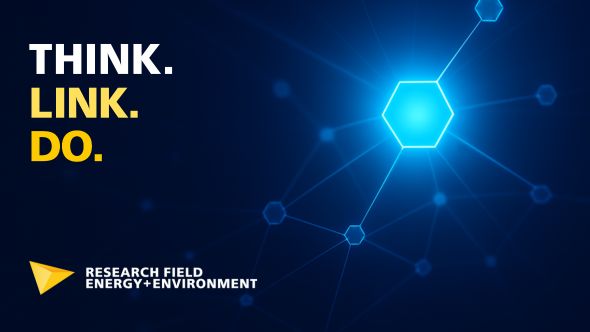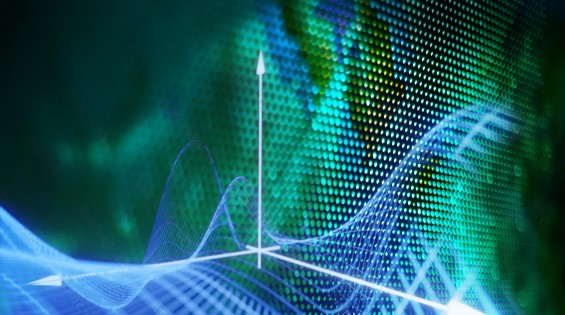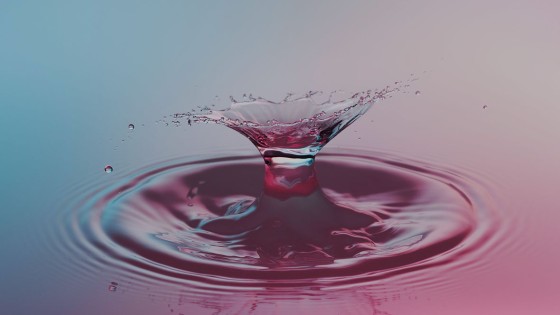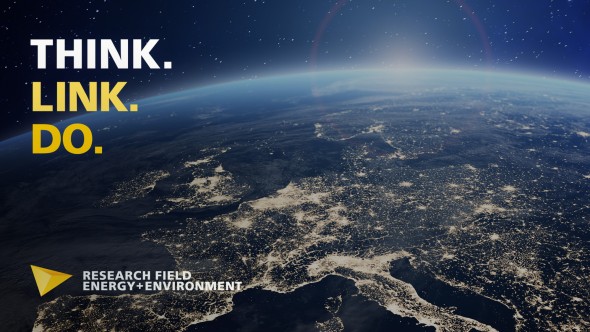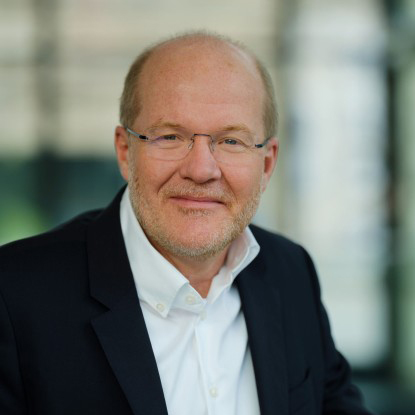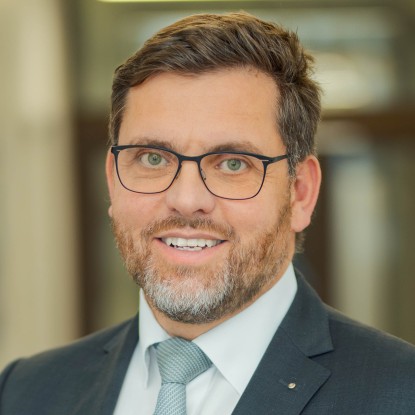Energy and Environment (E+E)
The TU Darmstadt Research Field Energy and Environment (E+E) sees itself as the research incubator for solutions to energy and environment problems, because we link expertise from engineering, natural sciences, humanities and social sciences – act holistically, and bring concrete solutions to feasibility.
Find our website here
E+E Profile Topics
Within the research field Energy and Environment (E+E), the integrity of our research is expressed through dynamically developing profile topics. Collaborative research projects, which are thematically and methodologically linked, correspond to each profile topic.






